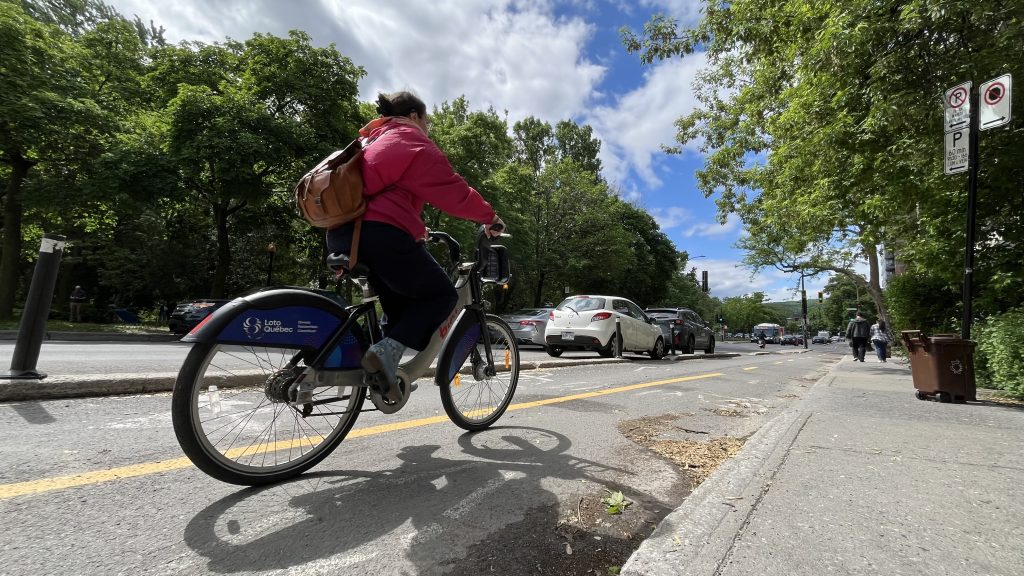Quebec Physicians Federation concerned about vacancies in family medicine residencies

Posted March 22, 2024 9:48 am.
The popularity of family medicine continues to decline among Quebec students. According to data from the Canadian Resident Matching Service (CaRMS), 91 family medicine residency positions remain vacant following the first round of matching.
CaRMS is the pan-Canadian organization that assigns graduating medical students a specialty for their residency.
This year’s results also show that only six specialty medicine residency positions remain vacant. In other words, more than 90 per cent of all unfilled medical residency positions in the province are in family medicine.
“It doesn’t surprise me, but it saddens me deeply. It’s a big disappointment,” said Quebec Physicians Federation (FMOQ) president Dr. Marc-André Amyot.
According to the FMOQ, over the past 12 years, nearly 600 family medicine training positions have not been filled.
“That’s 600 doctors who will not be available to provide services to Quebecers for the next 30 years. It’s catastrophic,” explained Amyot.
It is expected that family medicine residency positions will be filled in the second round of matching. Last year, for example, 26 positions were filled between the first and second rounds, reducing the number of vacancies from 99 to 73.
“We will have to see at the end of the second round how many are left free and then we will know if we succeed in filling the vacansies,” said Amyot.
He argued that 25 per cent of family doctors in Quebec are over the age of 60 and that every year, there are more and more departures.
Amyot is concerned to see that the public network has lost around 40 family doctors in the last year, adding to the actual shortage of more than 1,200 family doctors.
“We are currently seeing the difficulties of access (to a family doctor) and all this reflects a severe shortage of family doctors. And if we do not correct the situation, the shortage will not improve, it will deteriorate,” warns the FMOQ president.
For several years, he has noticed that many students choose to take a sabbatical year rather than choose family medicine.
According to Amyot, to make family medicine more attractive to graduates, the priority lies in correcting the remuneration between family doctors and other specialists.
He also believes that the provincial government must eliminate legislative measures that he considers coercive and to tackle the administrative burden and work overload.
“(We must) stop implying that if family doctors did their job well, we would have less difficulty accessing them. That’s not it at all. What we want is collaboration with the ministry to improve services to the population.”
The FMOQ president emphasized that this collaboration has worked well in the past.
“The first element before trying to promote the profession is to stop the devaluation and denigration,” said Amyot.
The Canadian Press’ health content receives funding through a partnership with the Canadian Medical Association. The Canadian Press is solely responsible for editorial choices.
-This report by La Presse Canadienne was translated by CityNews.



